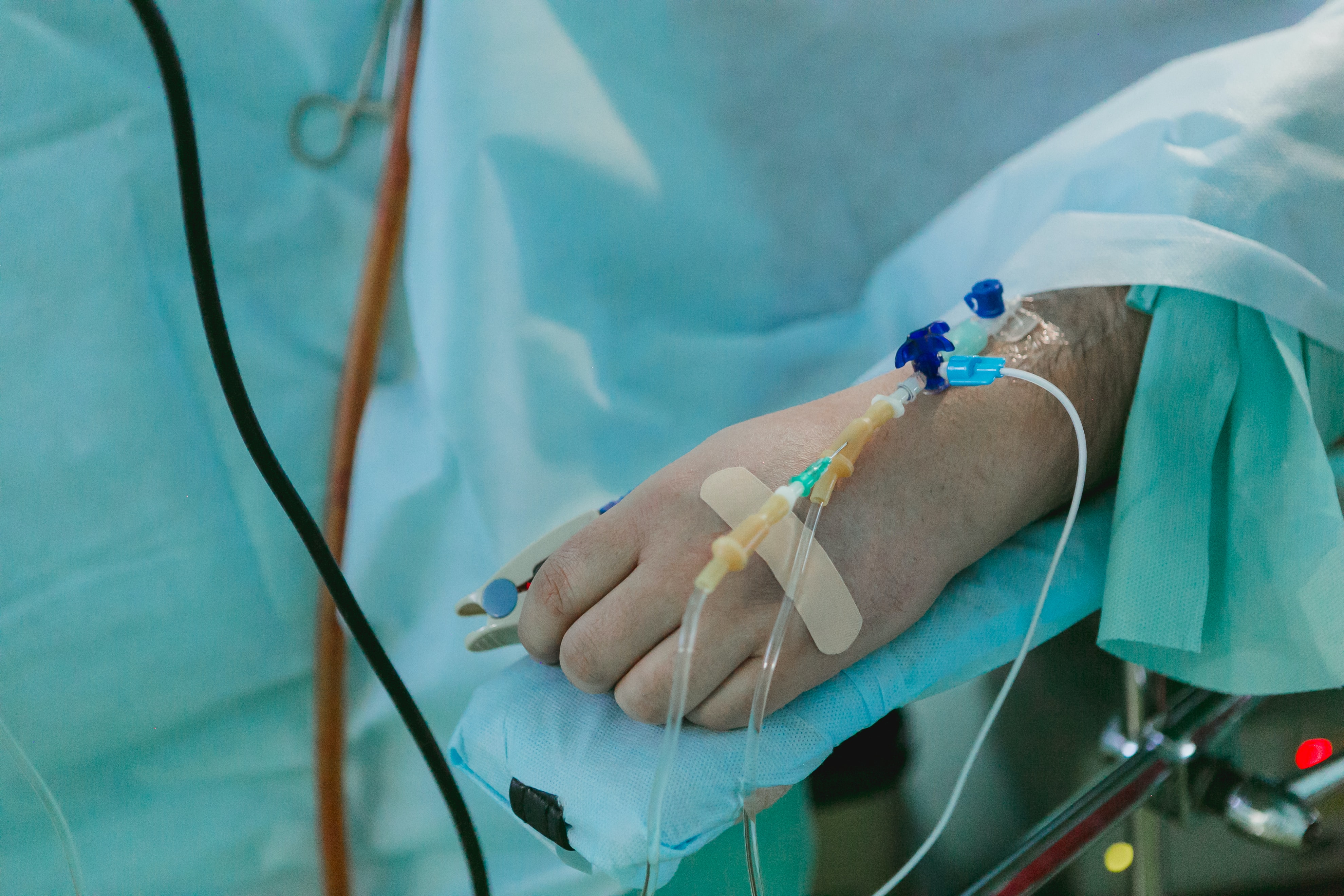Media release
From: Springer NatureMicrobiology: Bacteriophage therapy helps treat pan-drug resistant bacterial infection
Combining bacteriophage therapy with antibiotics markedly improved the condition of a 30-year-old patient with a fracture-related, pan-drug-resistant Klebsiella pneumoniae infection, according to a study in Nature Communications. This case study demonstrates the promise of bacteriophage treatments for drug-resistant bacterial infections.
Pan-drug-resistant bacteria — or ‘superbugs’ — are resistant to all commercially available antimicrobial agents and are an increasing public health threat as treatment options are limited. An alternative approach is to use bacteriophages, a type of virus that infects and kills bacteria.
Anaïs Eskenazi and colleagues report the results of a six-day course of bacteriophage therapy for a 30-year-old female victim of a bombing with a fracture-related, pan-drug-resistant Klebsiella pneumoniae infection for whom antibiotic treatment had failed for nearly two years. The authors selected and adapted a bacteriophage for optimal killing of the bacteria, specific to the strain of Klebsiella pneumoniae that had been recovered from the patient. A combination of this pre-adapted bacteriophage — applied locally to the wound — and antibiotics were used. Three months later the patient’s general condition had improved, the wound was healing and no evidence of bacterial infection was found. Three years after the phage-antibiotic combination treatment, the patient had regained mobility and was able to participate in sporting events.
Although this case study demonstrates the potential of bacteriophage therapy, complex personalization of treatment is likely necessary, making application for larger patient groups challenging, the authors conclude.


